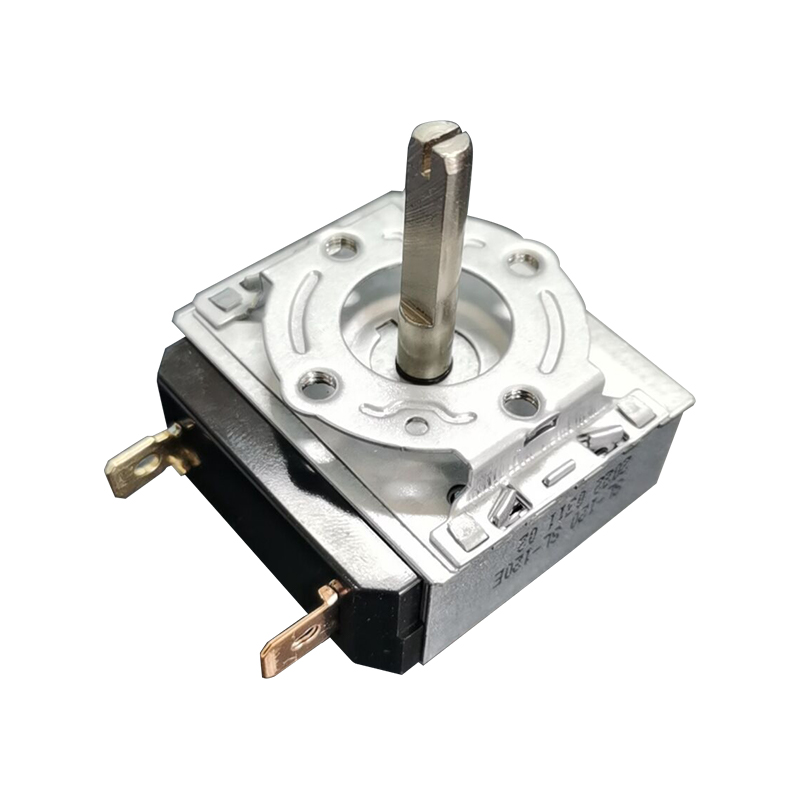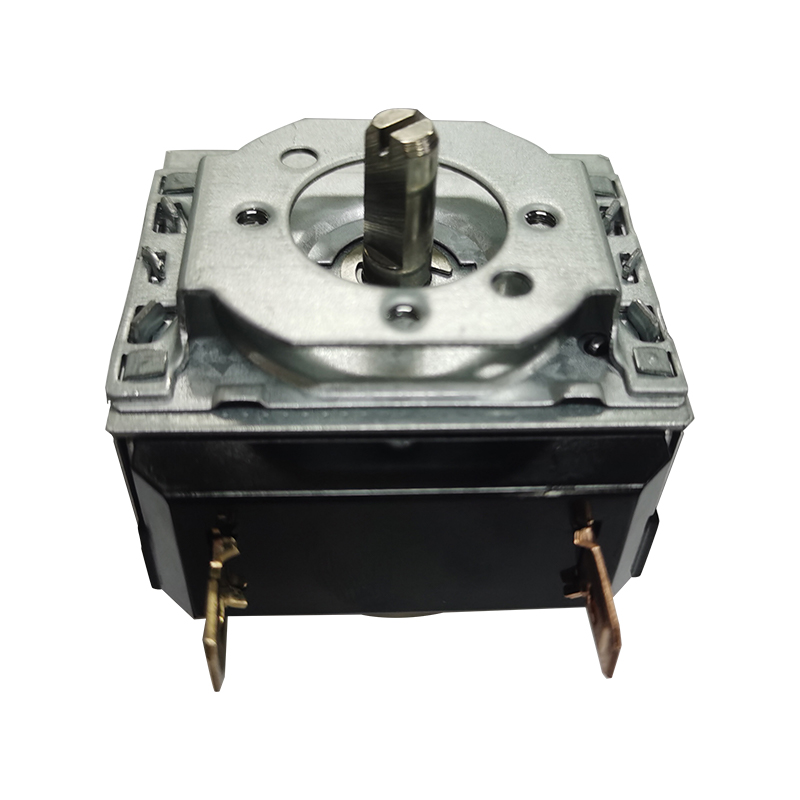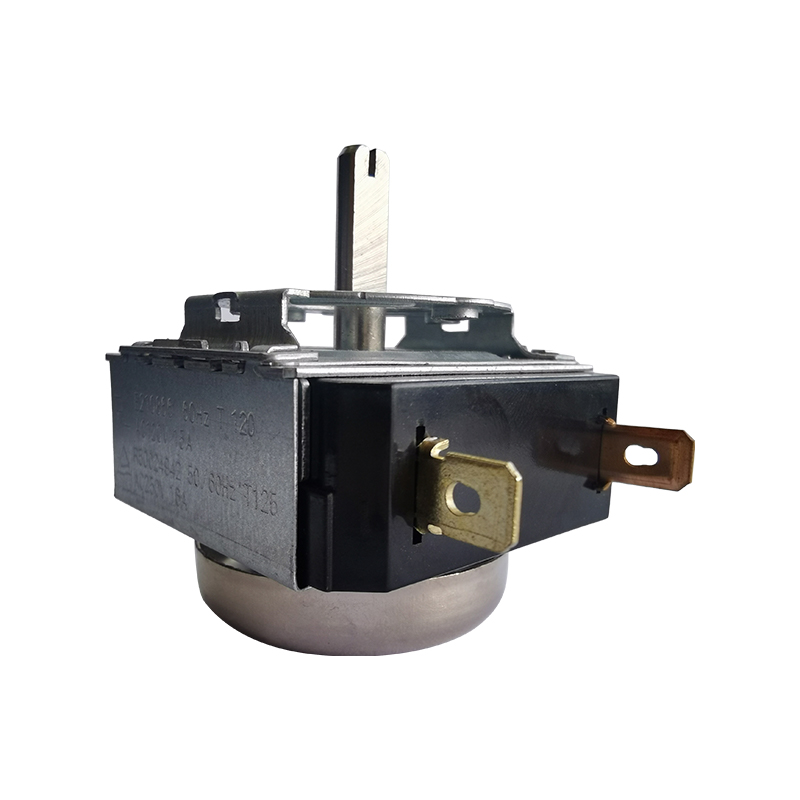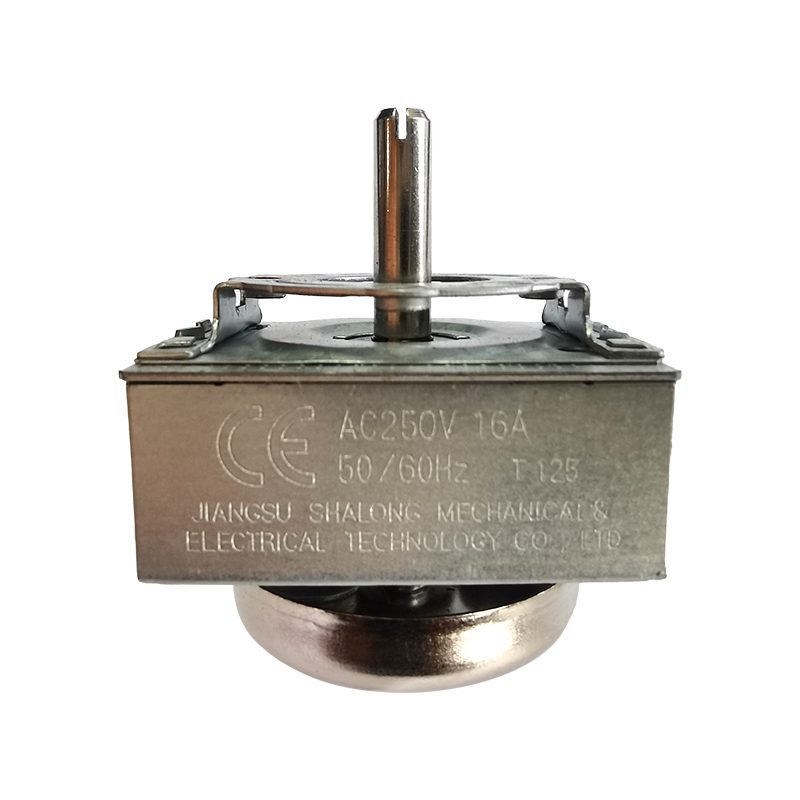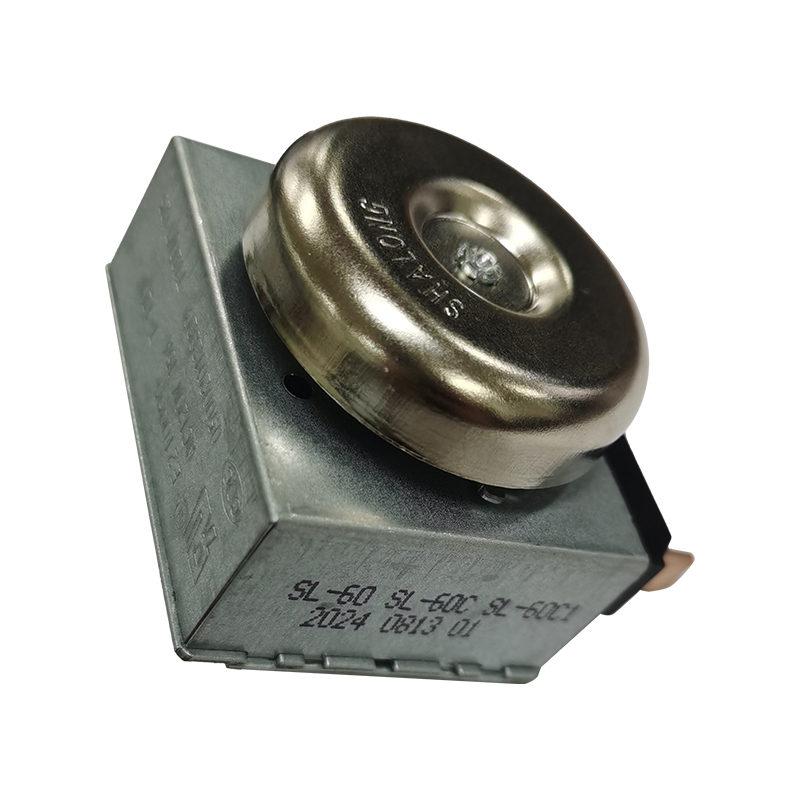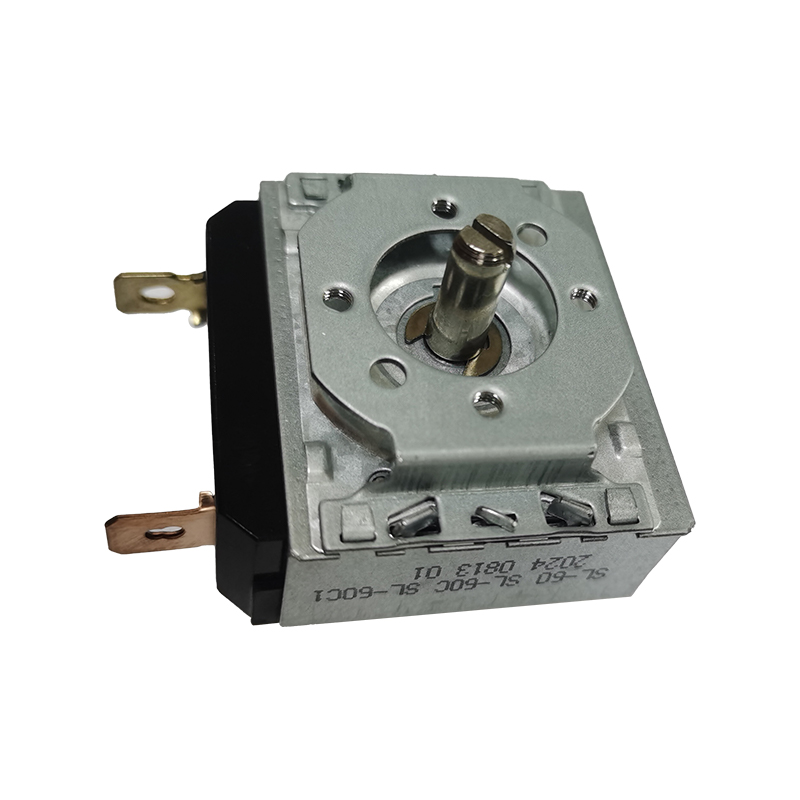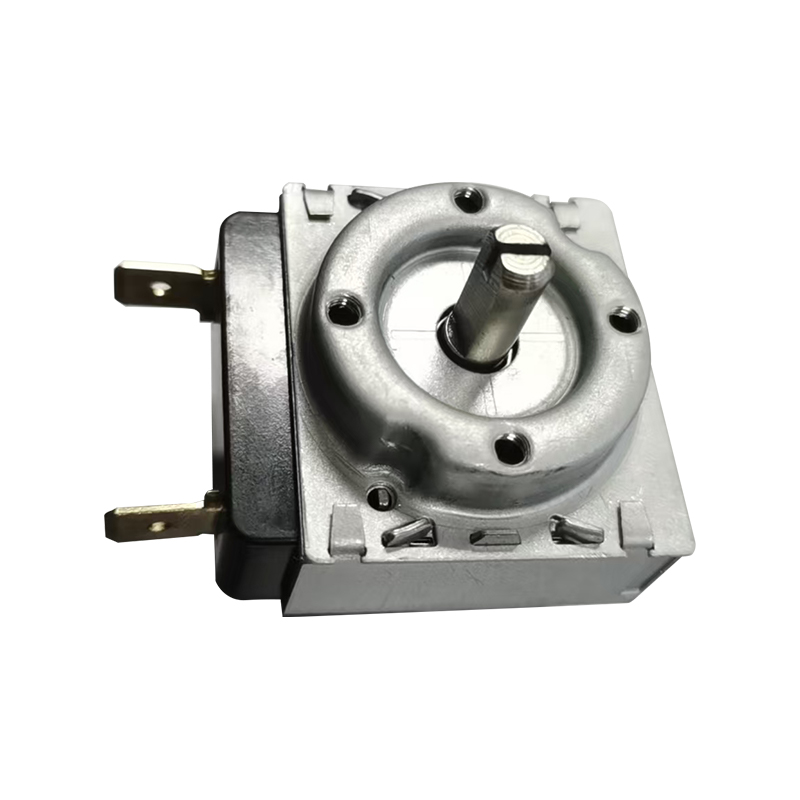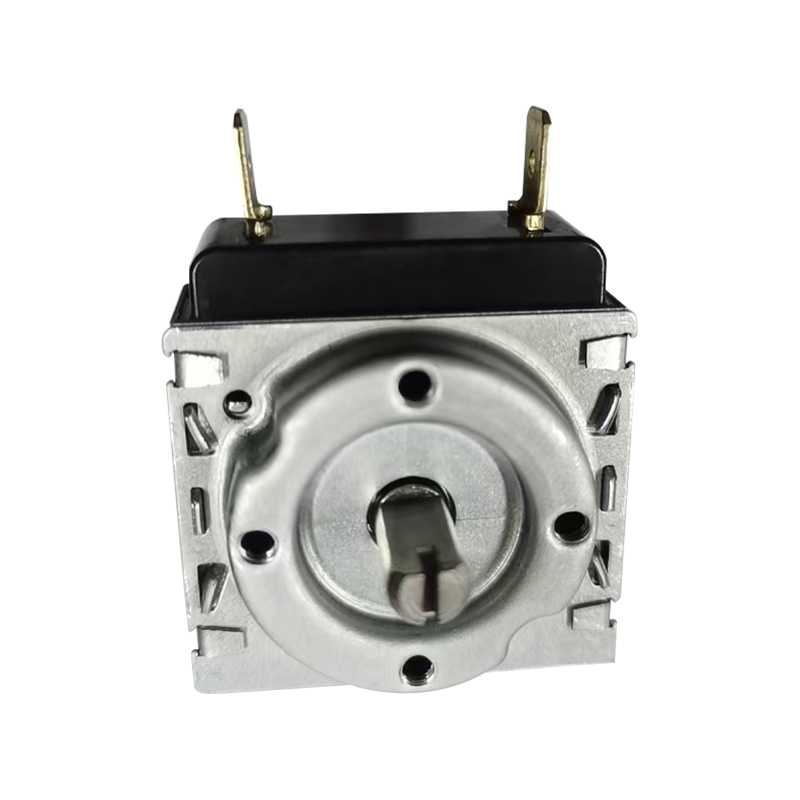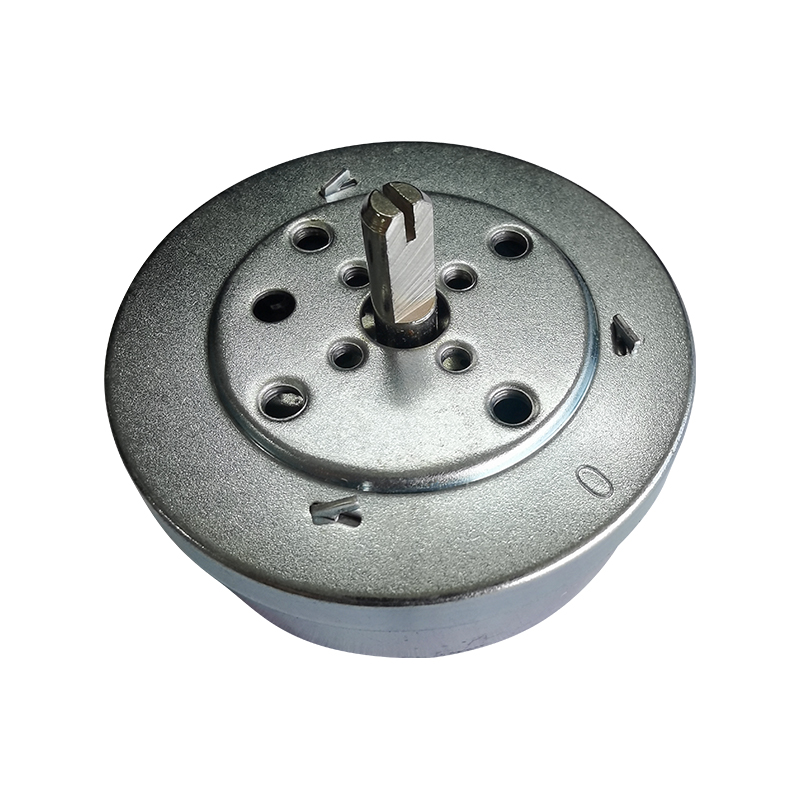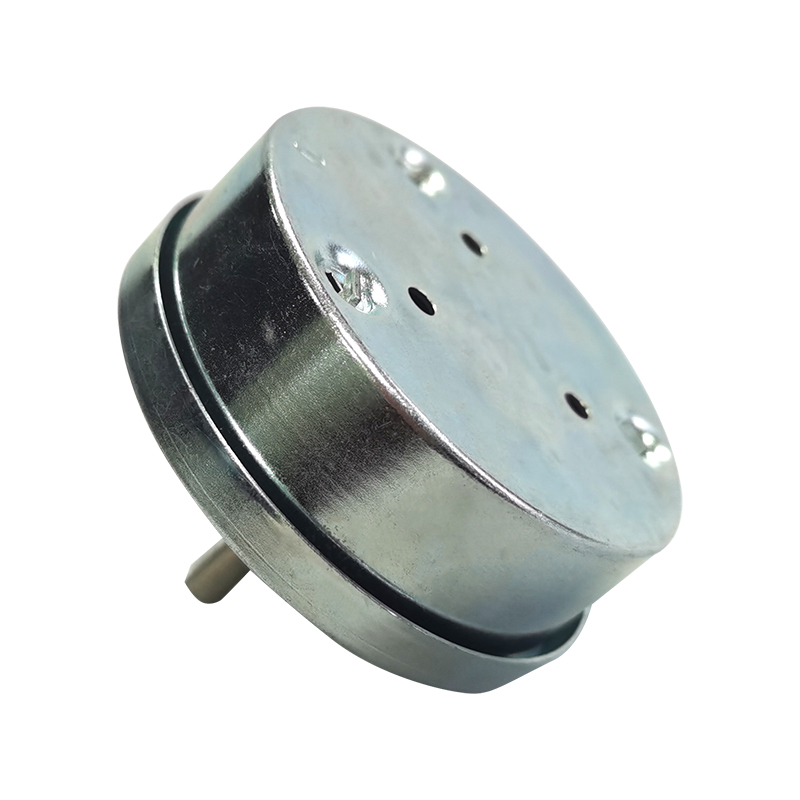A Small size timer is a device used to control time. It can output a signal within a preset time after receiving an input signal. This device is widely used in various scenarios, including kitchens, industrial automation, homes and offices, etc. Small size timers usually have multiple functions, such as countdown, reminder, alarm clock, etc., suitable for different needs and environments.
Technically, Small size timers can be divided into two types: analog timers and digital timers. Analog timers are set by knobs, and the output is observed through analog scales; while digital timers are adjusted and controlled by digital inputs, and the output is observed through digital scales. Digital timers provide high-precision time settings, digital switches make preset time settings easy, and digital displays can also show elapsed time.
What are the main features of mechanical timers?
A mechanical timer is a timing device based on mechanical structure design. Its main features include:
Simple structure: Mechanical timers usually consist of three parts: spring, gear transmission mechanism and time control component. These components work together to achieve time setting and control.
Easy operation: Users can manually set the time through knobs or buttons, and the operation is intuitive and does not require complicated settings.
Stable and reliable: Since it does not rely on electronic components, mechanical timers are not affected by power fluctuations during operation and have high stability and reliability.
No power supply required: Most mechanical timers do not rely on external power supply, but are driven by the potential energy stored in the spring, and can work normally even in the event of a power outage.
Low cost: Compared with electronic or smart timers, mechanical timers have lower manufacturing costs, so they are more affordable.
Strong durability: Due to their simple structure and fewer parts, mechanical timers have a long service life under normal use conditions.
Easy to maintain: The structure of mechanical timers is relatively simple, which is easy to disassemble and maintain, reducing maintenance costs.
Moderate accuracy: Although the accuracy of mechanical timers may not be as good as that of electronic timers, in many application scenarios, their accuracy is sufficient to meet the needs.
Wide range of applications: Mechanical timers are widely used in fields such as home, industry and agriculture, such as rice cookers, ovens, washing machines, electric fans, etc.
Low failure rate: Due to the stability of the mechanical structure, mechanical timers have a low failure rate in long-term use.
What types of kitchen appliances are Small size timers suitable for?
Small size timers are suitable for many types of kitchen appliances. Their main function is to help users control time during the cooking process and ensure that food is cooked in the optimal time. Here are some common kitchen appliances that are suitable:
Rice cooker: Small size timers can be used to control the heating time of the rice cooker to ensure that the rice is cooked within the set time and avoid overheating or undercooking.
Oven: Whether it is a small oven or a large oven, Small size timers can be used to set the baking time to help users accurately control the baking process and ensure that the food is heated evenly.
Steamer: When steaming food, Small size timers can be used to set the steaming time to ensure that the food is steamed in the optimal time and avoid overcooking or undercooking.
Air fryer: Small size timers can be used to set the cooking time of the air fryer to help users control the degree of cooking of the food and ensure that the food is crispy on the outside and tender on the inside.
Electric pressure cooker: Small size timers can be used to set the cooking time of the electric pressure cooker to ensure that the food is cooked quickly under high pressure while avoiding overheating.
Electric kettle: Small size timers can be used to set the heating time of the electric kettle to ensure that the water boils within the set time and avoid wasting energy.
Electric oven: Small size timers can be used to set the heating time of electric ovens, helping users control the baking process and ensure that food is heated evenly.
Rice cooker/electric pressure cooker combination: These combination appliances usually integrate multiple functions, and Small size timers can be used to control the start and stop time of different functions to ensure that each function can be completed in the best time.
Electric ceramic oven: Small size timers can be used to set the heating time of electric ceramic ovens, helping users control the cooking process and ensure that food is completed in the best time.
Rice cooker/electric pressure cooker/electric oven: These multi-functional appliances usually require precise control of the start and stop time of different functions, and Small size timers can be used to achieve this goal.
Small size timers are widely used in various kitchen appliances due to their advantages such as simple operation, stable and reliable, and no need for power supply, helping users better control the cooking process and improve cooking efficiency and quality.
What should be paid attention to in the maintenance and care of mechanical timers?
The following aspects should be paid attention to in the maintenance and care of mechanical timers:
Cleaning: Clean the surface and internal parts of the mechanical timer regularly. Use a soft brush to remove dust and dirt, and ensure that the moving parts are clean. If there is oil on the surface, you can use a detergent to clean it, but do not spray it directly into the interior to avoid damaging the mechanical parts.
Lubrication: The running parts of the mechanical timer need to be regularly coated with an appropriate amount of lubricating oil or grease to reduce friction and wear. When lubricating, you can choose a suitable lubricating oil to drip on key parts such as gears and springs.
Adjustment: If the time of the mechanical timer is inaccurate, it can be solved by adjustment. Use a screwdriver to adjust the cam of the mechanical timer so that it works in coordination with the balance wheel to achieve precise time control.
Avoid impact and fall: Mechanical timers should avoid impact or fall, especially precision instruments, to prevent damage to internal components.
Moisture-proof and waterproof: Many mechanical timers are not waterproof, so they should be avoided from use in humid environments or long-term immersion. If water enters accidentally, the power should be turned off immediately and professional personnel should be found to handle it to prevent short circuits.
Storage location: When not in use, store the mechanical timer in a dry, cool place, avoid direct sunlight and high temperature environments, so as to extend its service life.
Regular inspection: Check the mechanical parts of the mechanical timer regularly for wear and tear. If there is any abnormality, replace it in time to ensure the accuracy of timing.
Avoid magnetic field interference: The mechanical timer should be kept away from strong magnetic fields, such as large electrical appliances or magnetic objects, to prevent affecting its timing function.
Avoid high temperature and humid environment: The mechanical timer should be kept away from high temperature or humid environment to prevent damage to internal components.
Regular maintenance: In order to keep the mechanical timer running properly, regular maintenance and care are required. This includes cleaning, lubrication and adjustment. Regular maintenance can extend the service life of the mechanical timer and maintain its accuracy and appearance.



 English
English 中文简体
中文简体